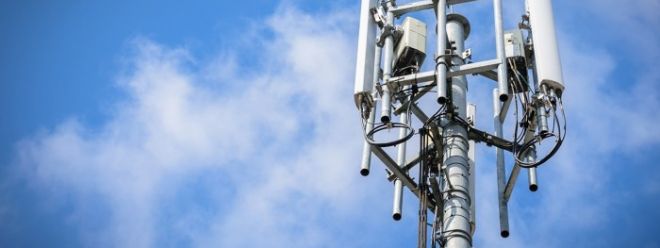FAA Announces Agreements with AT&T, Verizon on C-Band 5G Signal Expansion

The Federal Aviation Administration (FAA) said it has reached an agreement with AT&T and Verizon to expand 5G services in a way that mitigates aircraft safety concerns, which currently center around planned C-band spectrum that could enhance existing 5G coverage. As early as 2021, the FAA expressed concern that the use of spectrum by carriers such as Verizon and AT&T would interfere with aircraft safety mechanisms. On Friday, the FAA announced that it had reached an agreement with the carriers. While AT&T and Verizon have committed to establishing a two-mile "buffer zone" around some airport runways, the new statement suggests that the two sides are working toward a longer-term solution. In a statement, the FAA said it "appreciates" the telecommunications companies' strong communication and cooperation, which provided more precise data on the location of wireless transmitters and a deeper look at how 5G signals interact with sensitive aircraft components. "The FAA is using this data to determine the size and shape of areas around airports where 5G signals are likely to be mitigated safely and more accurately, shrinking the areas where wireless carriers delay activating antennas, which will enable wireless communications providers to safely turn on more base stations as they deploy new 5G services in key U.S. markets." In addition to the FAA, airlines have also expressed concern about the 5G rollout, and earlier in January a joint letter signed by 13 major airlines warned of "catastrophic disruption" if the rollout continues as planned. The C-band spectrum is well suited to help expand 5G services in the United States, and is currently in use in countries such as France, where there have been no reports of disruptions to airline services.